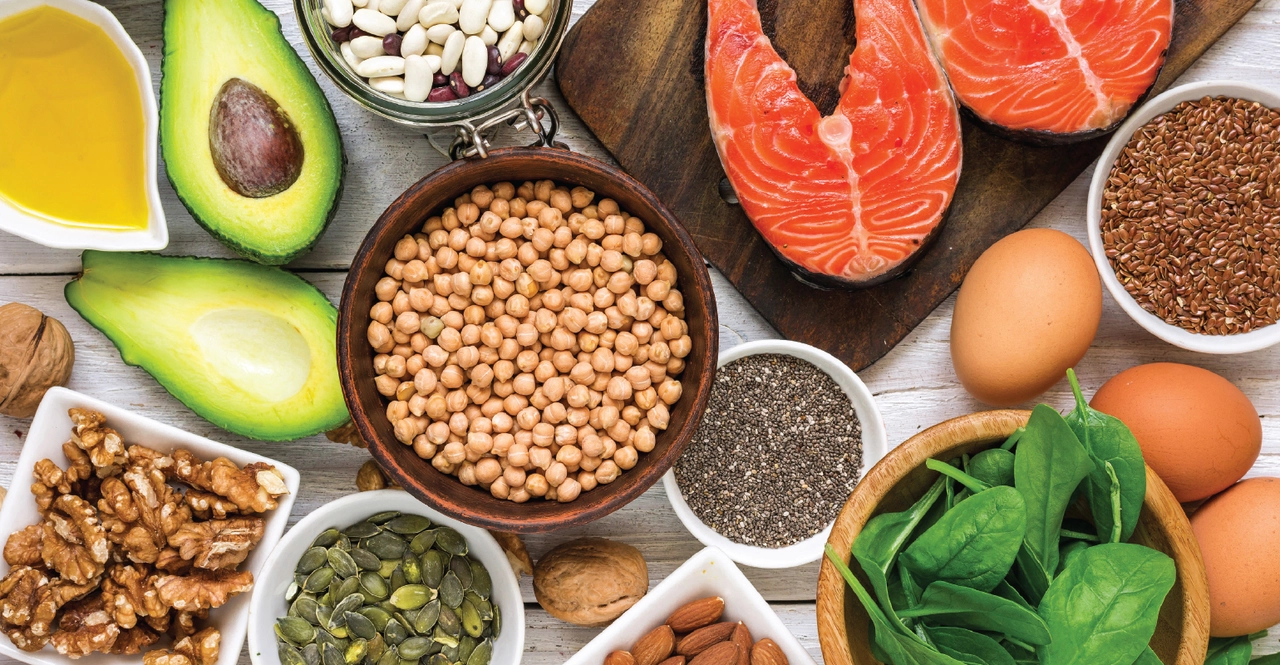Olive Dietary Supplements: What Works and What to Watch For
Olive dietary supplements are more than kitchen staples turned into pills. People use olive leaf extract, olive oil polyphenols, and isolated compounds like oleuropein and hydroxytyrosol to add antioxidant support, and some studies back mild benefits for heart and metabolic health. If you're thinking about trying one, here's clear, practical info so you don't waste money or take unnecessary risks.
Types and possible benefits
There are three common forms: extra virgin olive oil (as a food), concentrated olive leaf extract (capsules or tinctures), and standardized polyphenol extracts. Extra virgin olive oil gives you monounsaturated fats and small amounts of polyphenols if you use it daily. Olive leaf extract is the one sold as a supplement—it’s rich in oleuropein and other polyphenols. Hydroxytyrosol, another compound found in olive products, has a recognized antioxidant role; the EU allows a health claim for olive oil polyphenols at specific doses (about 5 mg hydroxytyrosol equivalents daily) for protecting blood lipids from oxidative stress.
People report using olive supplements for general antioxidant support, mild blood pressure help, or to support healthy cholesterol. Evidence is modest but growing—some clinical trials show small improvements in blood pressure, LDL oxidation, or markers of inflammation. That means these supplements may help as part of a healthy diet, not as a replacement for medication or medical care.
How to choose, use, and stay safe
Look for products that list standardized oleuropein or hydroxytyrosol content and have third-party testing (USP, NSF, or an independent lab). Avoid vague labels that only say "olive extract" without potency. For typical olive leaf extracts, common daily doses fall between 500–1,000 mg of extract, but active compound amounts vary—check the label for oleuropein milligrams. If a brand advertises a hydroxytyrosol amount, 5 mg/day is the benchmark from regulatory guidance for antioxidant claims, though many supplements provide more or less.
Be cautious if you take blood pressure medicines or blood thinners—olive leaf can lower blood pressure slightly and might affect clotting. Don’t combine high-dose supplements with prescription drugs without checking with your clinician. Side effects are usually mild (stomach upset or headache) but stop use and ask a doctor if you notice unusual symptoms.
Store tablets in a cool, dry place away from sunlight. Prefer capsules over cheap liquid blends if you want a longer shelf life. If you want food-based benefits, swap processed fats for extra virgin olive oil in salads and cooking; that gives proven heart-health benefits you can feel over time.
Bottom line: olive dietary supplements can be a useful, low-risk addition to a healthy routine when you choose quality products and stay mindful of interactions. Ask your healthcare provider about dosing and whether an olive supplement fits your goals.

Discover the Age-old Secret of Olive Dietary Supplements for Ultimate Health
I recently stumbled upon the age-old secret of olive dietary supplements and I just had to share it with you all! These amazing supplements, derived from olive leaves and fruit, are packed with incredible health benefits. They can help boost our immune system, protect our heart, and even have anti-inflammatory properties. I've started taking these supplements daily and I can honestly say I've never felt better. So, if you're looking for an all-natural way to improve your overall health, I highly recommend giving olive dietary supplements a try!
- Drug Information (69)
- Health and Wellness (59)
- Pharmacy Information (23)
- Medical Conditions (22)
- Supplements (4)
- Diabetes (4)
- Travel Health (3)
- Mental Health (3)
- Heart Health (2)
- Parenting (2)
-
Global Generic Drug Policies: How Countries Balance Affordability and Quality
5 Feb 2026 -
Personalized Exercise Plan for Preventing Acute Skeletal Muscle Conditions
27 Apr 2025 -
Gallbladder and Biliary Disease: Understanding Stones, Cholangitis, and ERCP
29 Jan 2026 -
Aspirin with Other Blood Thinners: What You Need to Know About Bleeding Risks
8 Jan 2026 -
Panmycin: Uses, Dosage, Side Effects and Safety Guide
21 Sep 2025

1.06.23
Alistair Mukondiwa
16